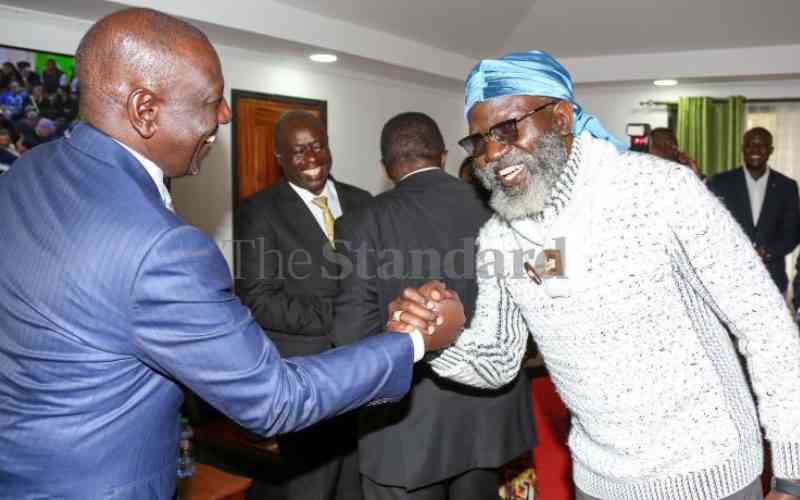×
The Standard e-Paper
Smart Minds Choose Us

This week, Kenyans went to the polls to elect their leaders for the next five years. In the past, elections have been times of tension and uncertainty that tend to exacerbate ethnic rivalries.
Since independence, Kenya has struggled with nation-building. Post-colonial African territories were created by European powers that arbitrarily drew up borders around different tribes, nations, chieftains, and kingdoms forced to come together to form states after decolonisation.